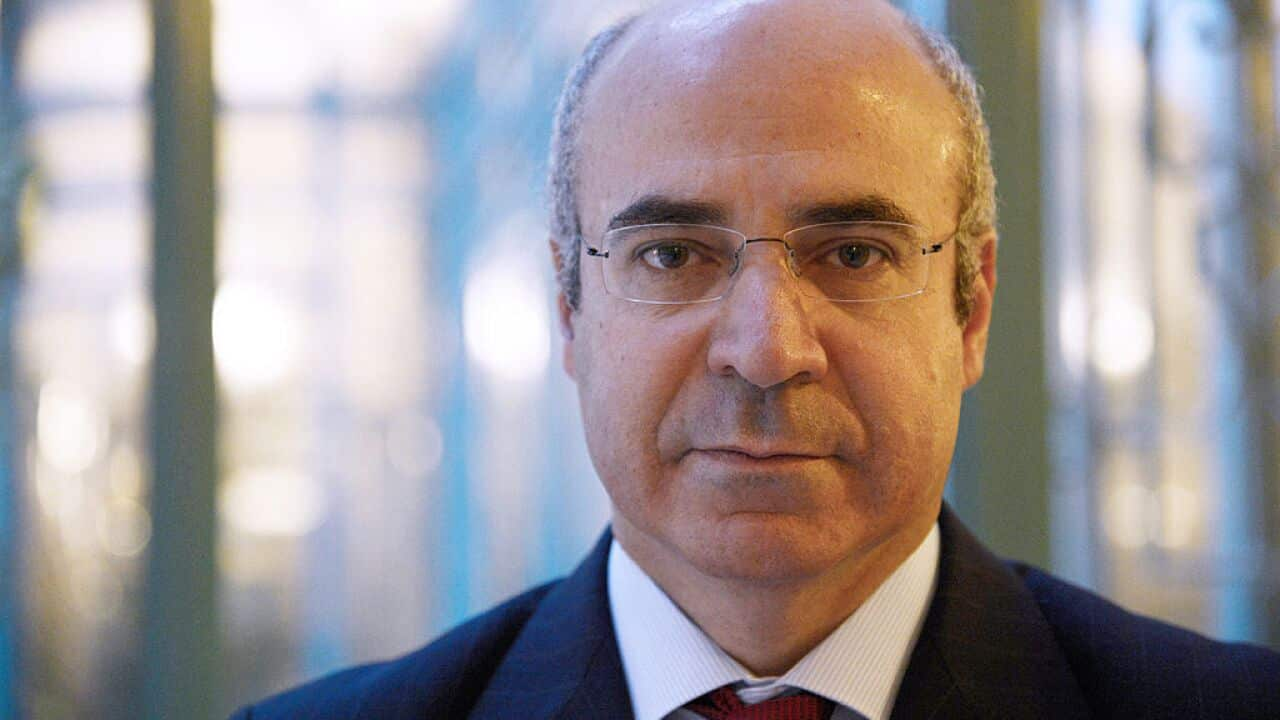Key Points
- Josh Browder founded DoNotPay by "accident" to dispute parking fines.
- Next month, the AI technology will be used for the first time in court.
- Here's how it works.
In what is set to be a world first, a robot lawyer will appear in a United States court next month, representing a client facing traffic charges.
The (AI) tool uses machine learning to match text and voice recognition with a data set comprised of legislation and legal precedent.
In real time, it then formulates legal advice for the client.
DoNotPay, the US-based firm behind the software, said it can help clients "fight corporations, beat bureaucracy and sue anyone at the press of a button".
The company's mission is "to level the playing field and make legal information and self-help accessible to ever" by helping consumers "solve their problems like beating parking tickets, appealing bank fees, and suing robocallers".
When DoNotPay founder Josh Browder was an 18-year-old Stanford student, he said he used the technology to successfully dispute 190,000 of his clients' parking tickets.
Eight years later, DoNotPay's robot lawyer is set to advise its first client in court.
The program will not address the court, but will run on a smartphone and work by listening to the judge and prosecution, and advising the defendant on how to respond via an ear piece.
University of Melbourne AI expert Karim Seghouane told SBS News that "human error" and "machine error" should be compared, if the justice system in Australia is to adopt AI technology.
"At the beginning, the machine will not be good," Dr Seghouane said.
"You will have the average number of human errors always much smaller than the average error of the machine.
"But as the machine gets better — it's like Windows, it started with MS DOS, Windows, Windows 1, until Windows 10 — it gets better and better."
Dr Seghouane likened evaluating the ethics and value of using robot lawyers to the debate over self-driving cars.
"We can say the machine is better when the average number of errors it makes is smaller than the average error made by humans," he said.
There are some clear advantages for the machine when it comes to memory, speed and accuracy, Dr Seghouane said.
"A human cannot memorise the whole law, as the machine has," he said.
"You don't have lawyers going through law books in front of the court, looking for a specific paragraph that the machine can retrieve immediately."
Mr Browder said DoNotPay aims to "cut the red tape" in the justice system.
"We help consumers fight corporations and big bureaucracy, getting them out of parking tickets and refunds from big companies like airlines," he said.
"Lawyers are charging hundreds of dollars an hour for copying and pasting documents, and our vision at DoNotPay, is to make the law free."
DoNotPay charges clients $36 USD (around $52 AUD) for an annual subscription to the service.
Mr Browder, who is the son of prominent , said he started the company by "accident" when studying at Stanford University.
"I was a terrible driver and began to accumulate all of these parking tickets," he said.
"And I couldn't afford to pay these tickets as a young person. So, I became a legal expert about all the reasons why people can get tickets.
"I was writing the same letter over and over again for myself and my friends, so it became obvious that this was something that could so easily be automated."
Mr Browder said his goal is to make the "$200 billion legal profession free for consumers".
"I want to make big companies scared to mess with people and rip them off," he said.
Since its inception, DoNotPay has expanded to cover 100 areas of law and claims to service around 1,000 cases per day.











